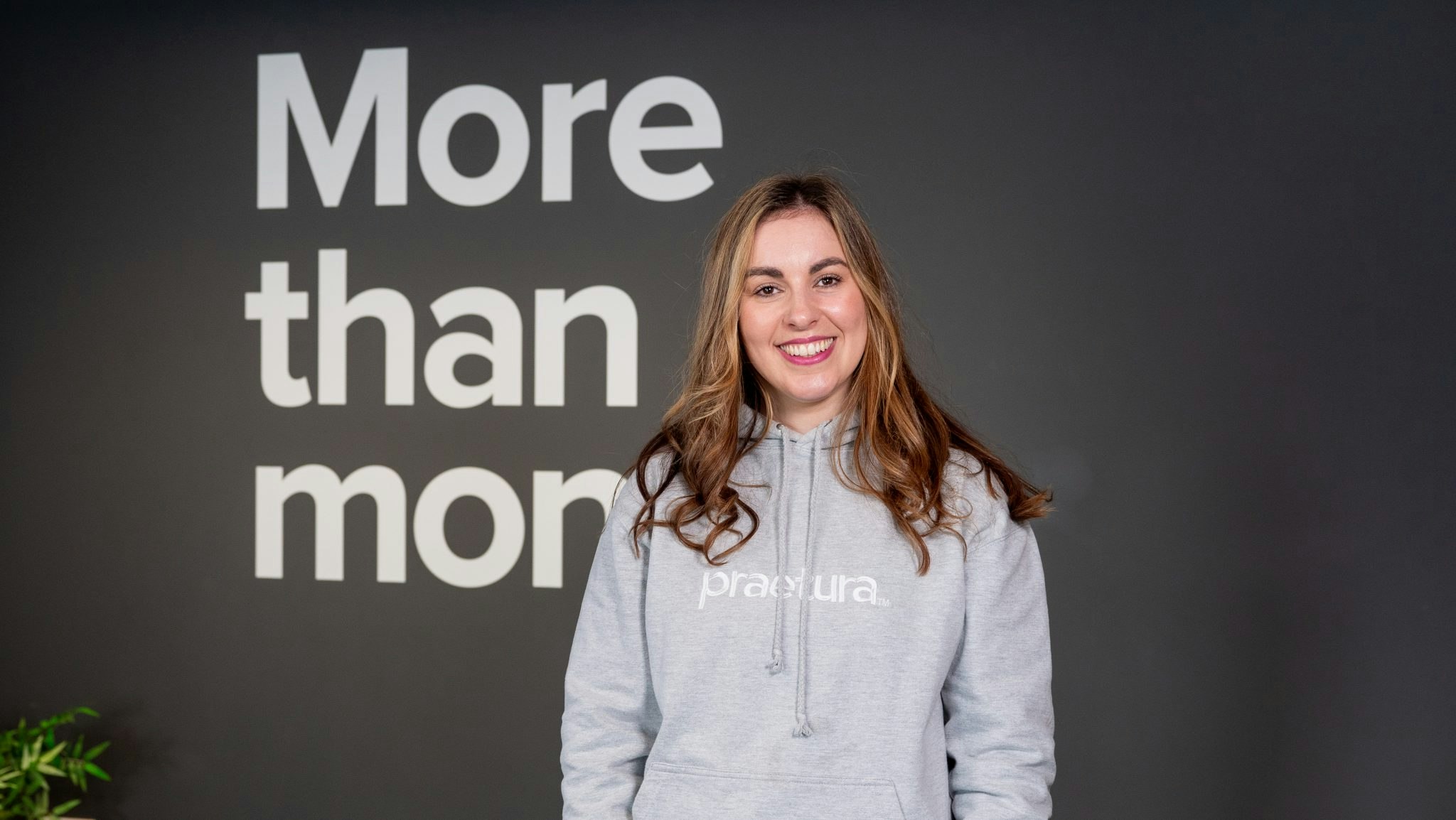VCs in Europe are increasingly leaving funds to start their own thing — and former Speedinvest VC Severin Zugmayer and Munich-based Signals’ principal Michael Mayboeck are the next in line.
The pair are today announcing a €6m pre-close of a €20m microfund, dubbed New Renaissance Ventures, to back startups in the creative and cultural industries with a tech angle (think Spotify, Figma and Canva). It plans to raise the full €20m by the third quarter of 2024.
The fund has already made four investments — including Vienna-based Atlas Design, a 3D generative AI platform enabling the creation of virtual worlds for video games, and trppn, a social network for music creators and fans to discover and share live music, also based in Vienna.
VC funds in Europe focused primarily on the creative and cultural industries are few and far between; one example is former YouTuber Caspar Lee’s Creator Ventures, which backs everything from gaming and data apps to creator economy tools.
This is a missed opportunity, thinks Zugmayer, given that the creative industries are ripe for disruption, with the rise of AI and extended reality (XR).
The strategy
Vienna-based New Renaissance Ventures will back 40 startups at pre-seed and seed across the visual arts, performing arts, new media and cultural heritage sectors.
Initial cheque sizes will be between €100-500k, making up 60% of the fund. The other 40% of the fund will be saved for follow-ons.
Mayboeck is quick to emphasise that the fund is looking for startups with a “strong technological angle” — for example, software businesses, platforms, applications and hardware that are shaking up incumbent industries — and that it wouldn’t simply purchase a visual artist’s portfolio.
“We often get the question of: is this an impact fund? No, we are not,” says Zugmayer, who was previously head of fundraising at Speedinvest and backed companies such as digital publishing platform Inkitt and online tutor marketplace GoStudent.
We have the ambition to return venture-sized returns, but also do good with the investments
“We have the ambition to return venture-sized returns, but also do good with the investments.”
The pair plan to be a startup’s first cheque at pre-seed, and are happy to lead rounds. But at seed, they will co-invest with a “strong, tier-one investor”, says Zugmayer.
Getting LPs on board was a challenge given the less-than-desirable economic environment, but the fund managed to secure commitments from Speedinvest, as well as family offices and entrepreneurs in the art and culture sectors.
The threats and opportunities of AI
Developments in AI have shaken up the creative and cultural industries — artists are using the technology to generate colour palettes and experiment with materials, and designers are using it to create new logos or website illustrations. But there are concerns that the technology could lead to copyright issues (in fact, this is already happening), as well as widespread job losses in the creative industries.
“There’s both threat and opportunity in AI,” says Zugmayer.
The opportunity Zugmayer sees in AI is the creation of new business models. For example, one of the most successful European tech companies in the creative industries, Spotify, didn’t reinvent music, but created a new way to distribute it to consumers, he says.
Putting AI in the hands of everyone will also foster entrepreneurship, he adds — similar to when the launch of the App store in 2008 caused a burst in people developing new apps.
That said, the fund is also aware of the risks.“One of the first questions we ask ourselves when looking at a deal is: is this technology enhancing creatives or replacing them?” says Zugmayer.
Mayboeck adds that the fund likes to speak with founders about their intent behind the technology before it invests, and avoids investments that they deem unethical, such as “models in the attention economy”. For example, social media apps designed to keep users using them for as long as possible.


